Obituary: Eva Fleischner
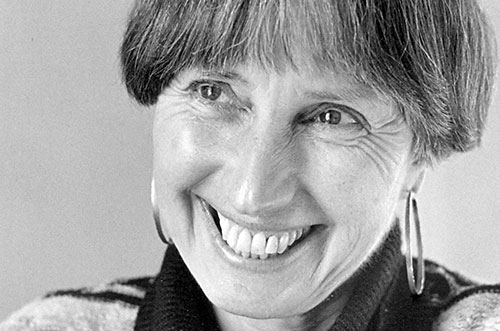
Pioneering Catholic theologian in Christian-Jewish relations and Holocaust studies
Eva Fleischner, beloved sister, aunt, great aunt and friend, died peacefully at the Pilgrim Place Health Services Center on July 6 after a long illness.
Born in 1925 in Vienna, Austria to Felix and Gabriele Schoenfeld Fleischner, Eva spent her first 12 years with her brother, Hans, in a loving Catholic family where little was made of her father’s conversion from Judaism.
This changed after Hitler’s annexation of Austria in 1938. The family emigrated to England, and the children were sent to separate boarding schools; the parents eventually moved to the United States in 1940. Eva arrived to the United States in 1943.
She enrolled in Radcliffe College on a full scholarship, graduating magna cum laude in 1946. After working for three years for publisher Houghton Mifflin in Boston, she was awarded a Fulbright Scholarship to the University of Paris. There she was introduced to the pre-Vatican II renewal of the French postwar Catholic church, where she discovered “the new church.”
Feeling compelled to actively pursue her faith, she told her fiancé she could not marry him; her life would be devoted to God.
In 1951, Ms. Fleischner found her spiritual home with the Grail, an international movement of Catholic laywomen. The Grail enabled women to use their talents beyond church and family and bring them to bear on the social and political life of the countries where they lived.
She spent the next 12 years at Grailville, the US heart of the Grail, in Loveland, Ohio. She was first a student, and then on the staff of the education centers for liturgy, music and religious studies. During the summers, she earned a master’s degree in liturgical studies at the University of Notre Dame.
In the fall of 1962, she was appointed a delegate to Vatican Council II in Rome and attended as a press correspondent for Ecumenical News, a Grail publication. While abroad, she spent time with Grail people in Egypt and visited Israel before becoming a visiting scholar at the Institute for Advanced Catechetical Studies in Paris.
It was as a doctoral student at Marquette University that she began to be preoccupied by the Holocaust. This led her to a study of Judaism and Christian anti-Semitism. The focus of her doctoral dissertation “The impact of the Holocaust on German Christian theology since 1945” was published as a book in 1975.
After completing her PhD, she accepted a position in the department of philosophy and religion at Montclair State University in New Jersey, where she taught until retirement in 1991. Her focus over the years has been to awaken her fellow Christians to the riches of the Jewish tradition and the horrors of the Holocaust, in which Christianity played a part.
Next she spent four years as a visiting staff member at the Grail’s International Center in Holland. In 1996 Marquette University offered her a distinguished professorship as the Women’s Chair in Humanistic Studies. She remained in Milwaukee until 1999, moving to Claremont to become part of Pilgrim Place, an ecumenical retirement community. There she connected with Grail friends and others who had given their lives in service through Christian institutions around the world.
Ms. Fleischner continued her national and international work in Holocaust studies and Jewish-Christian relations. She was a member of the US Bishop’s Office of Catholic-Jewish Relations Advisory Board ; the US Holocaust Memorial Museum Christian Scholars Studying Judaism Committee, Washington, DC; The Christian Scholars Group of the Institute for Christian and Jewish Studies, Boston; the Advisory Board of the National Catholic Center for Holocaust Education, Seton Hill University, Greensburg, Pennsylvania; and the Board of the Milwaukee Catholic-Jewish Conference.
In 1999 she was invited by the Vatican to join the International Catholic-Jewish Historical Commission. It was composed of three Catholic and three Jewish international scholars. It was their work to assess the 11 volumes of material concerning the Holocaust period published by the Holy See’s Secretariat of State and to report on the adequacy of Pope Pius XII’s efforts to rescue Jews during the war.
The committee completed a draft report and raised 47 questions which required access to other relevant papers. Access was denied. Frustrated, Ms. Fleischner announced her resignation. Shortly thereafter the committee disbanded.
Among her numerous publications are The Christian and the Holocaust (1970); Auschwitz: Beginning of a New Era? Reflections on the Holocaust (1977); Commentary in The Sunflower: On the Possibilities and Limits of Forgiveness, by Simon Wiesenthal (1977); Cries in the Night: Religious Gentiles in the Holocaust in Germany, France, and Poland (with Michael Phayer, 1997); The Spirituality of Pius XII, in Rittner and Roth, Pope Pius XII and the Holocaust, (2002).
In 2005 Ms. Fleischner was a panelist at the Holocaust Memorial Museum, and at The Interfaith Story Behind Nostra Aetate, and lectured in Milwaukee on Abraham Heschel’s Significance for Christian-Jewish Relations.
She once summed up her work as a teacher, scholar and lecturer as one of “helping Christians to deepen their knowledge of the Jewish experience and tradition with the hope that Jews and Christians can come to a full understanding of what it means to be people of God in the world.”
Ms. Fleischner is survived by her beloved brother Hans (Leslie) Fleischner; nephews Christopher (Dawn) and David (Julia) Fleischner; great nieces Kay, Margaret and Caroline; and great nephew Andrew. She is also survived by her cousin Elizabeth Fleischner Rosenman and her daughters and their families.
Grail members, the Pilgrim Place community, many friends, colleagues and former students will also treasure her memory. A memorial service will be held at a later date.
Gifts in remembrance may be made to Pilgrim Place by visiting the donation page www.pilgrimplace.org/giving, or by mail to 625 Mayflower Rd., Claremont, CA 91711; or the National Catholic Center for Holocaust Education at Seton Hill University at www.setonhill.edu/centers-community-programs/holocaust-center, click on “Donate to The Holocaust Center,” or by mail to the National Catholic Center for Holocaust Education at Seton Hill University, Greensburg, PA 15601.


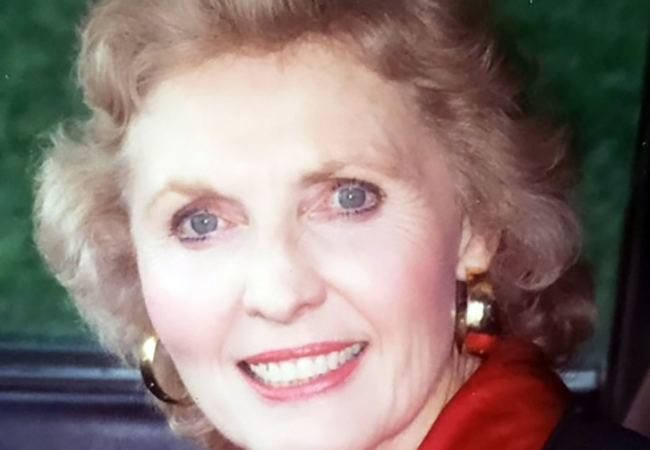
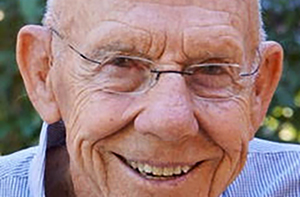
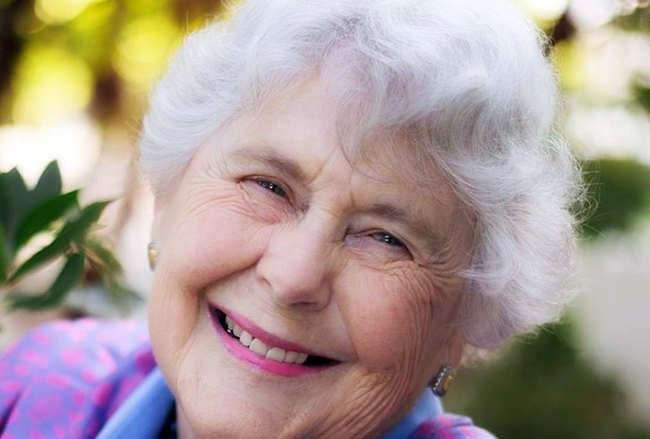
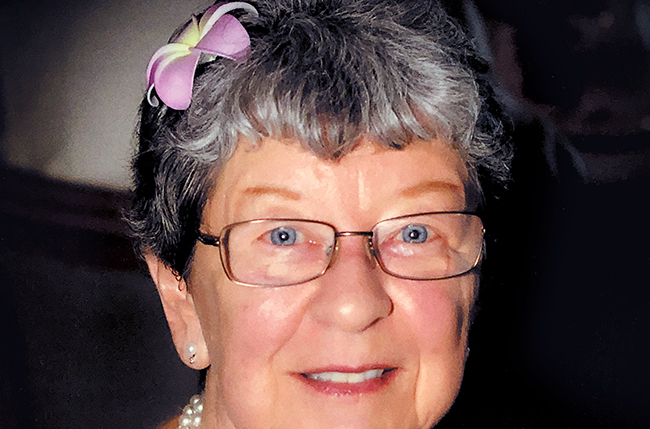
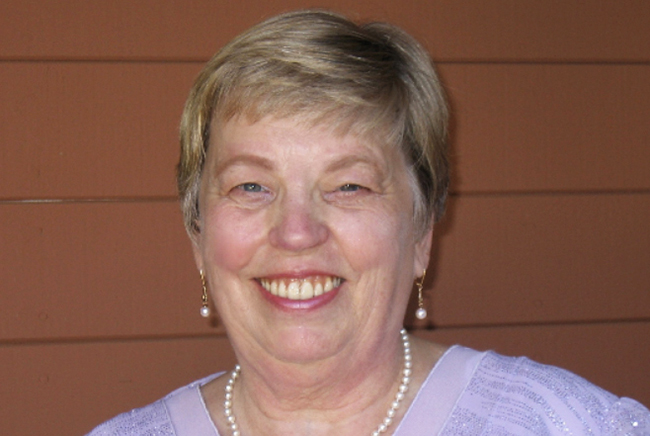
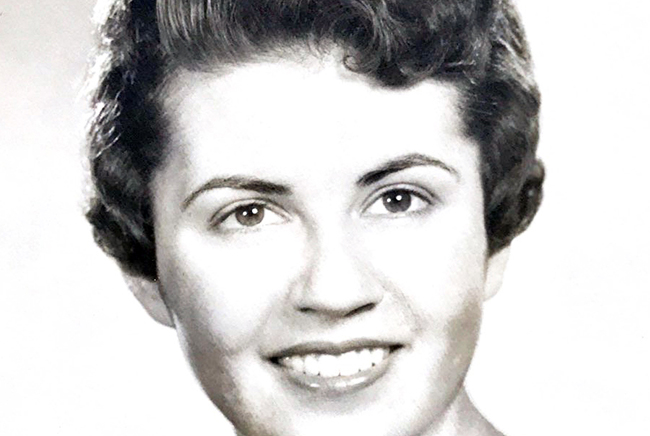

0 Comments